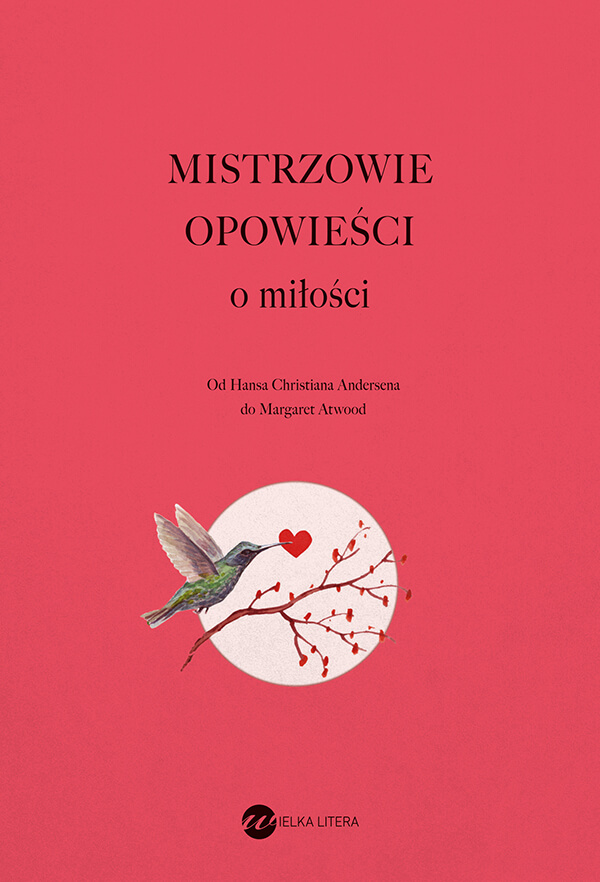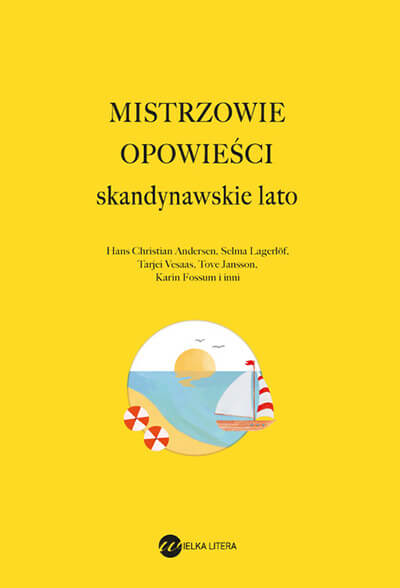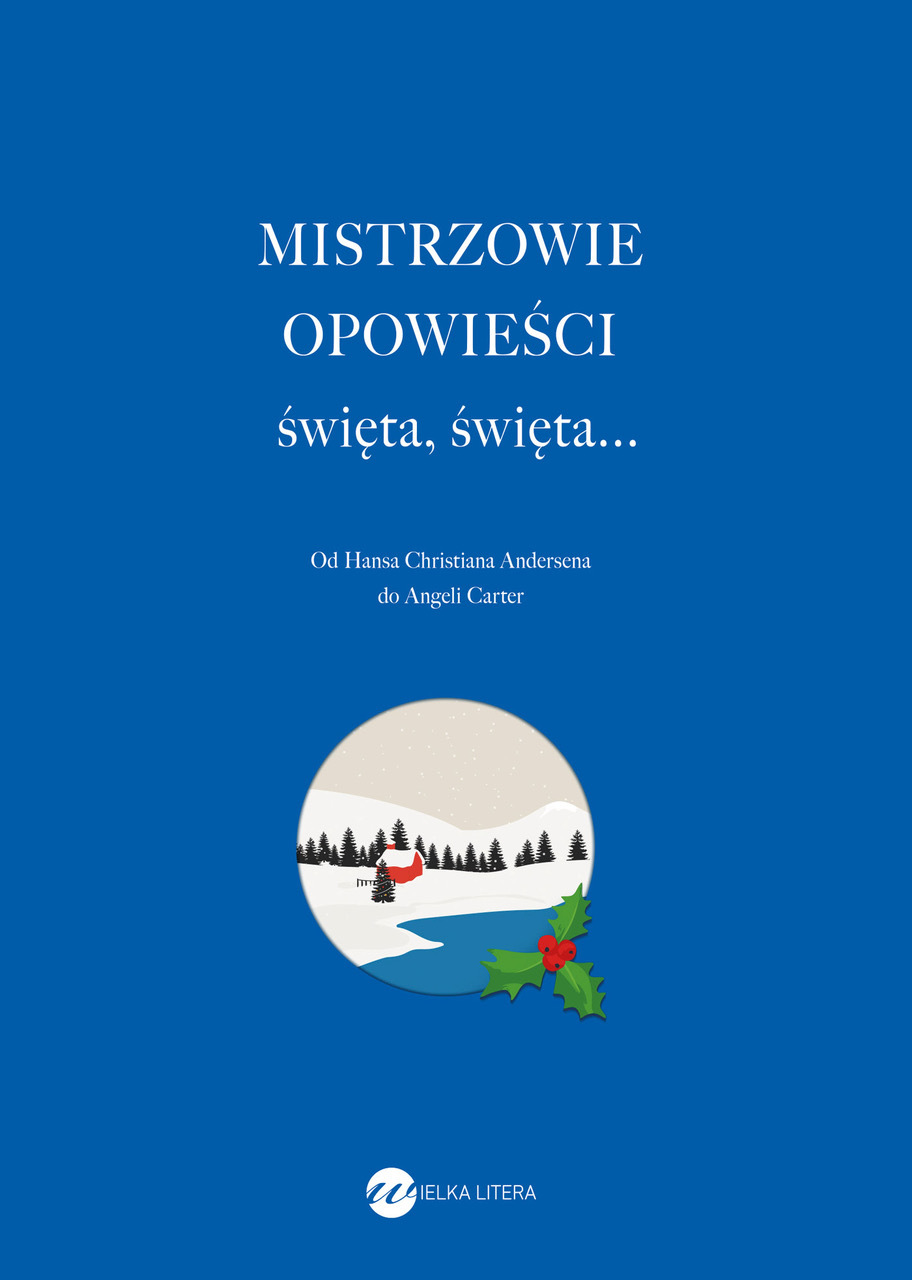
Sándor Márai (originally Sándor Károly Henrik Grosschmied de Mára) was a Hungarian writer and journalist. He was born in the city of Kassa in Austria-Hungary (now Košice in Slovakia) to an old family of Saxon origin who had mixed with magyars through the centuries. Through his father he was a relative of the Ország-family. In his early years, Márai travelled to and lived in Frankfurt, Berlin, and Paris and briefly considered writing in German, but eventually chose his mother language, Hungarian, for his writings. He settled in Krisztinaváros, Budapest, in 1928. In the 1930s, he gained prominence with a precise and clear realist style. He was the first person to write reviews of the work of Kafka. He wrote very enthusiastically about the Vienna Awards, in which Germany forced Czechoslovakia and Romania to give back part of the territories which Hungary lost in the Treaty of Trianon. Nevertheless, Márai was highly critical of the Nazis as such and was considered "profoundly antifascist," a dangerous position to take in wartime Hungary. Marai authored forty-six books, mostly novels, and was considered by literary critics to be one of Hungary's most influential representatives of middle class literature between the two world wars. His 1942 book Embers (Hungarian title: A gyertyák csonkig égnek, meaning "The Candles Burn Down to the Stump") expresses a nostalgia for the bygone multi-ethnic, multicultural society of the Austro-Hungarian Empire, reminiscent of the works of Joseph Roth. In 2006 an adaptation of this novel for the stage, written by Christopher Hampton, was performed in London. He also disliked the Communist regime that seized power after World War II, and left – or was driven away – in 1948. After living for some time in Italy, Márai settled in the city of San Diego, California, in the United States. He continued to write in his native language, but was not published in English until the mid-1990s. Márai's Memoir of Hungary (1944-1948) provides an interesting glimpse of post World War II Hungary under Soviet occupation. Like other memoirs by Hungarian writers and statesmen, it was first published in the West, because it could not be published in the Hungary of the post-1956 Kádár era. The English version of the memoir was published posthumously in 1996. After his wife died, Márai retreated more and more into isolation. He committed suicide by a gunshot to his head in San Diego in 1989. Largely forgotten outside of Hungary, his work (consisting of poems, novels, and diaries) has only been recently "rediscovered" and republished in French (starting in 1992), Polish, Catalan, Italian, English, German, Spanish, Portuguese, Czech, Danish, Icelandic, Korean, Dutch, and other languages too, and is now considered to be part of the European Twentieth Century literary canon.
Series
Books
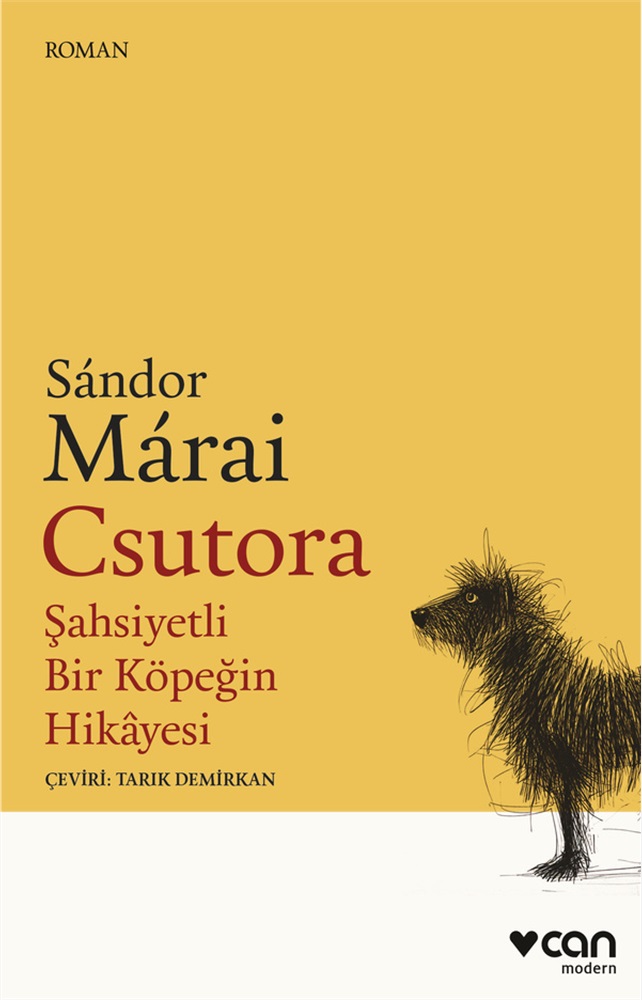
Csutora
Şahsiyetli Bir Köpeğin Hikâyesi
1932
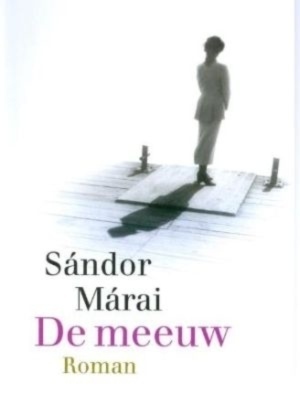
De meeuw
1943
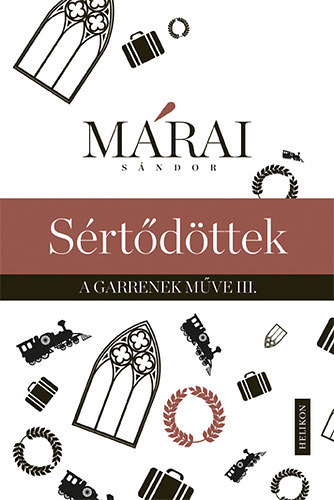
Sértődöttek
1947
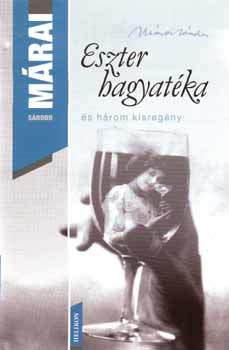
Eszter hagyatéka és három kisregény
2012
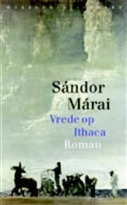
Beke Ithakaban
1934
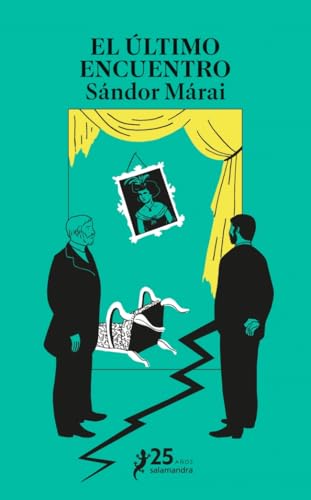
El último encuentro
2025

Porwanie Europy
1995

Memoir of Hungary, 1944-1948
1971
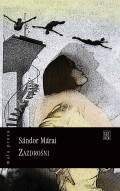
Zazdrośni
1937

La herencia de Eszter
1939
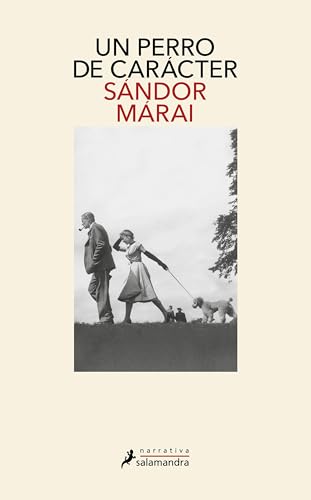
Un perro de carácter
2024
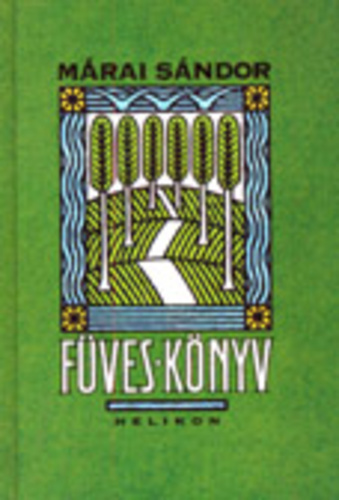
Füves könyv
1943

La mujer justa
1941

Embers
1942
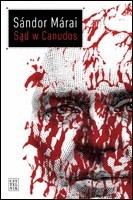
Sąd w Canudos
1970
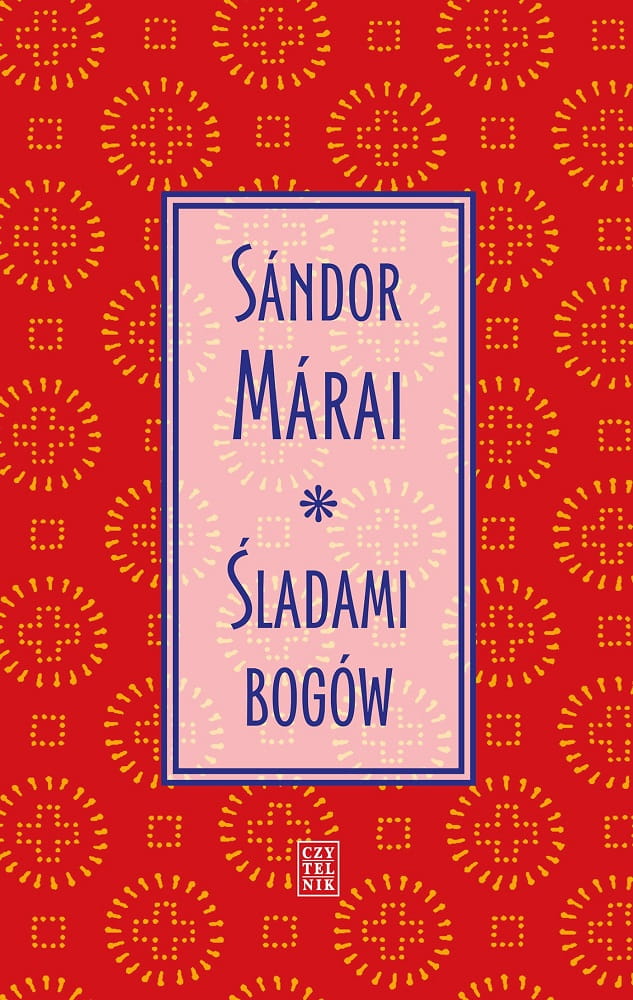
Śladami bogów
2011

Bekenntnisse eines Bürgers.
1935
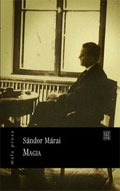
Mágia
1941

Legenda a jóságról
2020
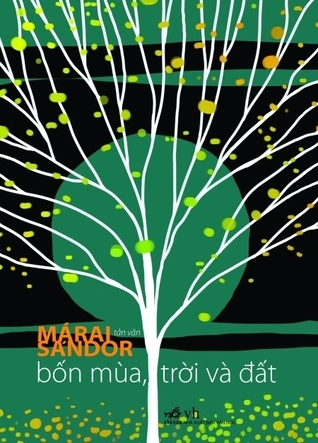
Bốn mùa - Trời và đất
1937
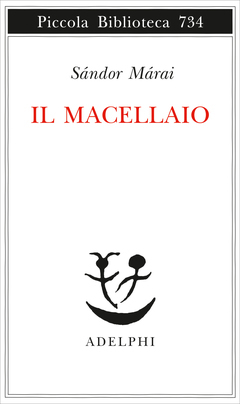
Il macellaio
1924

Bébi, il primo amore
1928

Casanova in Bolzano
1940
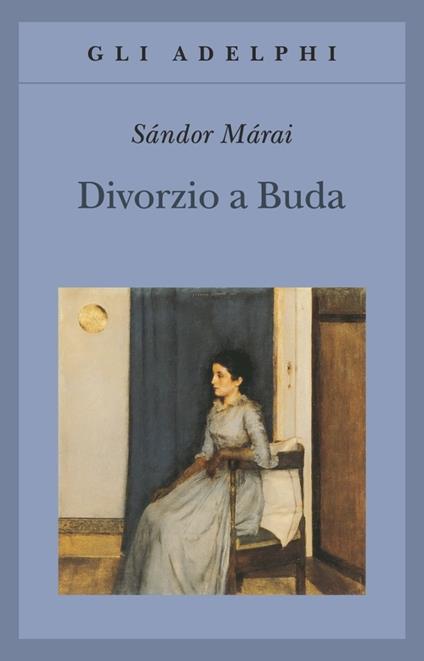
Divorzio a Buda
1935

The Rebels
1930

Lo que no quise decir
2013

Er is in Rome iets gebeurd
2009
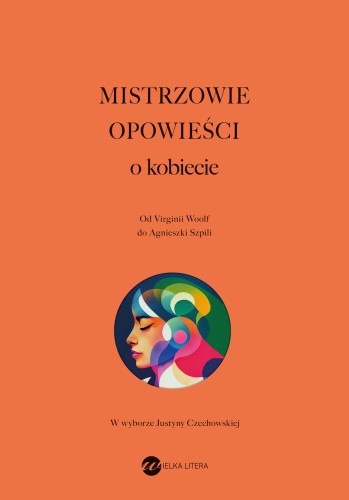
Mistrzowie opowieści. O kobiecie
2023
Gloed & De erfenis van Eszter
2013
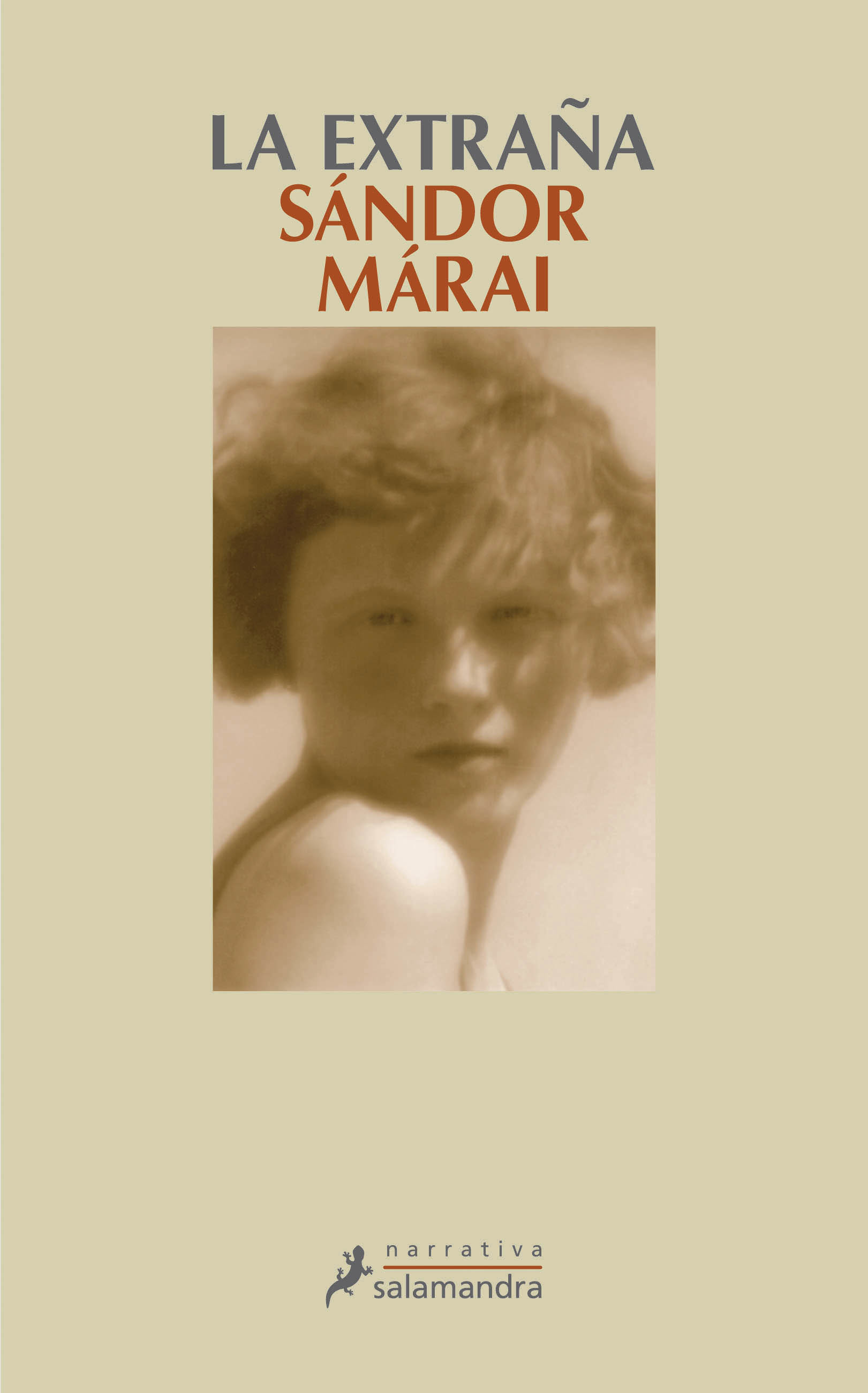
La extraña
1930
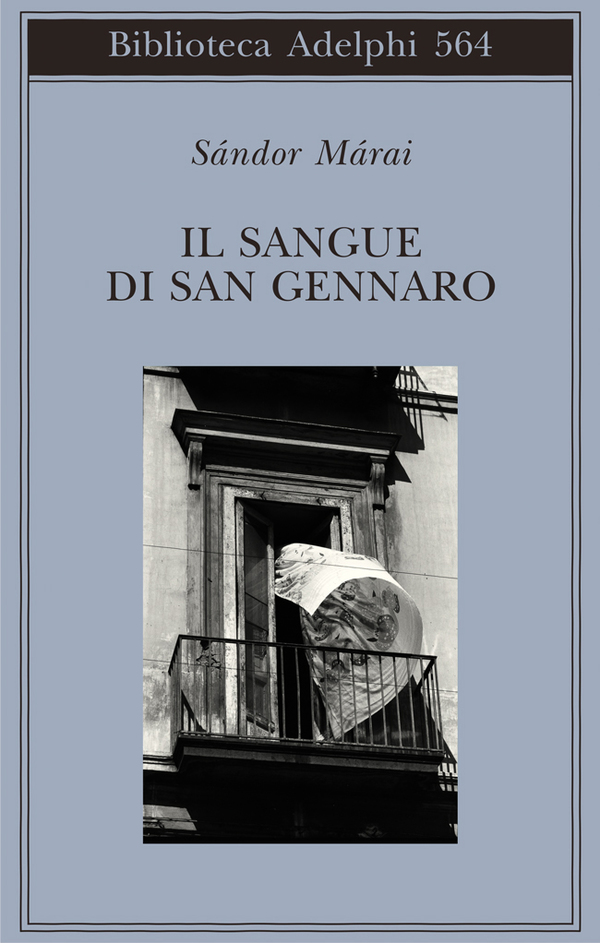
Il sangue di san Gennaro
1965

Verzauberung in Ithaka
1952
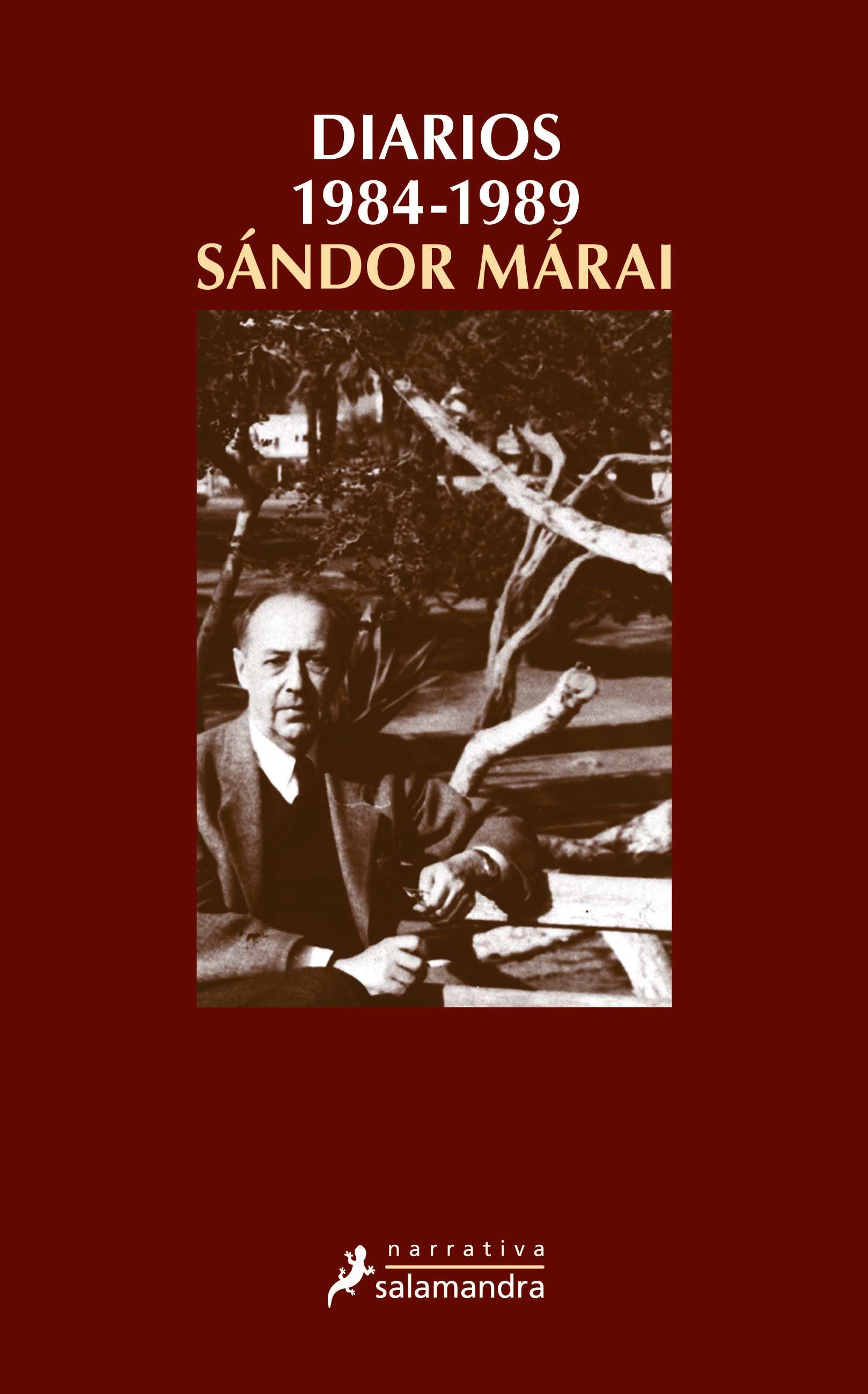
Tagebucher 1984-1989
1997

La hermana
1946

Maruderzy
1948
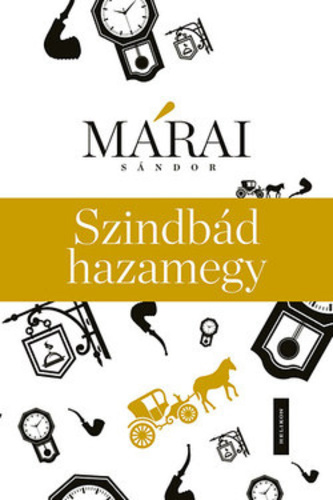
Szindbád hazamegy
1940
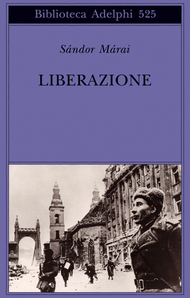
Liberazione
2000
